
The New York City Virus Hunters is one of our Junior Scientist internship programs. In this collaboration among BioBus, the Krammer Lab at the Icahn School of Medicine at Mount Sinai, and the Wild Bird Fund, high school students are paid Junior Scientist interns. They spend a year conducting research right in their neighborhoods and learning science communication skills. Together with their scientist mentors, Junior Scientist interns collect samples of bird feces in local parks to test for viruses that can transfer to other birds and, sometimes, to humans. Their findings are vital to prepare for and prevent a possible future pandemic, and to identify viruses that may be harmful to humans and other birds. Throughout the program, high school interns build their own identity as scientists, gaining both a sense of belonging in the scientific community and valuable experience as they pursue further science education and careers.
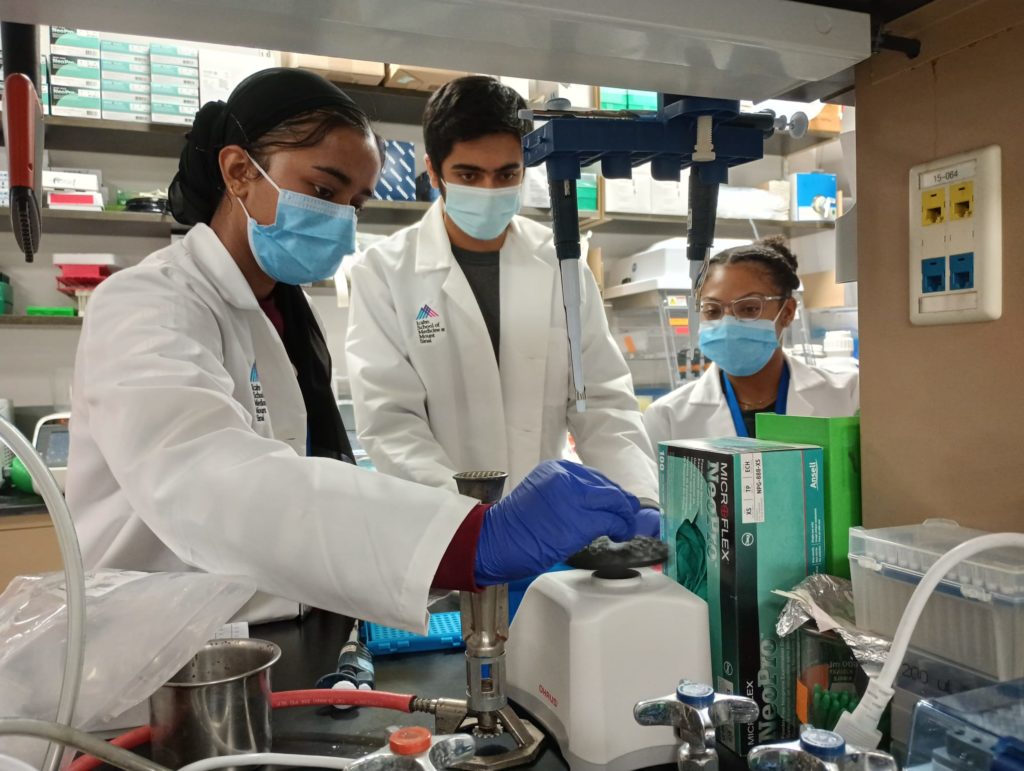
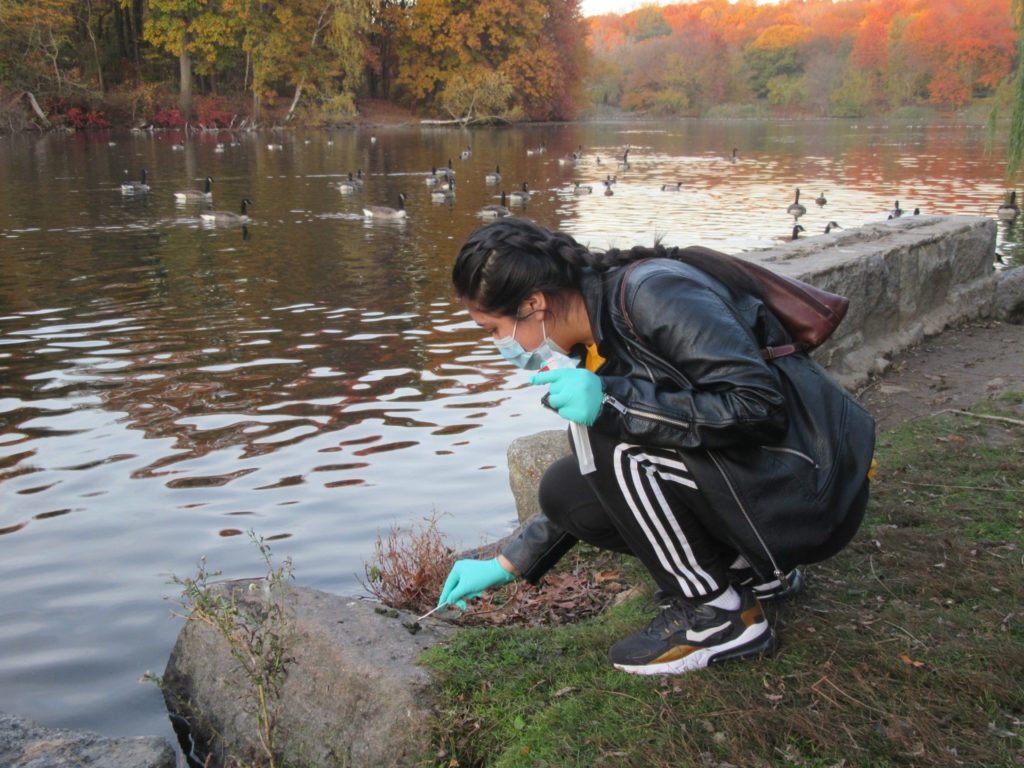
The New York City Virus Hunters initiative, funded primarily by Flu Lab and launched in 2020, is the first safe community science program worldwide that screens wild birds in an urban area for infectious diseases that can be harmful for other birds, wildlife, and even humans. Junior Scientist interns in the program use modern viral surveillance techniques to explore their environment and generate crucial data on the prevalence of avian diseases. The Junior Scientists are paired with scientist mentors who guide them through the research process, culminating in publications and presentations at research symposia.
In the program’s first three years, fifteen Junior Scientists (high school interns) gained the scientific knowledge, identities, and experiences to kickstart careers in STEM. Hundreds more students participated in community sampling events and learned about the importance of pandemic preparedness. The Virus Hunters team, including some of the Junior Scientists interns, published a research article in Microbiology Spectrum.
New York City Virus Hunters At A Glance
Operating since 2020
25 Junior Scientist high school interns
And 5-6 more every year!
5 Scientist Mentors from 3 Institutions
BioBus, Inc.
Icahn School of Medicine at Mount Sinai
Wild Bird Fund
Publications with Student Authors
Microbiology Spectrum (2022): Full Article, Press Release
See the full list: https://labs.icahn.mssm.edu/krammerlab/new-york-city-virus-hunters/
Research Symposia, Outreach, Conferences, and Press
NYCVH Student Research Symposium, New York Academy of Medicine – 2022, 2023
American Society for Virology Conference (2021, 2022, 2023)
Global Community BioSummit (2021, 2022, 2023)
Citizen Science Association’s Citizen Science Conference (2021, 2022, 2023)
CUNY TV: Simply Science (2022)
USA Today: High school scientists-in-training take on the Big Apple as urban virus hunters (2022)
Spectrum News NY1 (Nationwide): Can wildlife predict the next pandemic? (2021)
Spectrum News NY1 (Manhattan): High schoolers take to city parks to hunt for viruses (2021)
This Week in Virology (TWiV) Podcast: The magic virus bus (2021)
The Kids Should See This: Feathers Gone Viral (2021)
Live YouTube Town Hall event: Saving Ecosystems, Stopping Disease with the One Health Initiative (2021)
The New York Times: Amid One Pandemic, Students Train for the Next (2021)
American Society for Microbiology ASM Microbe Conference (2021)
Live YouTube Town Hall event: The Flu Around You (2020)
Research
Junior Scientist interns collected 4000+ samples and screened them for the presence of avian influenza (AIV) and avian paramyxovirus (APMV-1). Swab and fecal samples were collected from the Wild Bird Fund and Animal Care Center of New York, as well as from NYC’s parks and natural areas across three boroughs (Manhattan, Brooklyn and the Bronx) during sampling events with additional students.
Virus Hunters identified eight birds that were positive for avian paramyxovirus by Polymerase Chain Reaction (PCR), indicating high unknown diversity of APMV-1 in urban wild birds. Two live APMV-1 viruses were isolated from common pigeons, named, reported to the USDA, and whole genome sequences were published at the online data repository GenBank. The research article with students as co-authors, published by the American Society for Microbiology journal Microbiology Spectrum.
Since January 2022, the Virus Hunters specifically screened 1400+ samples from raptors, poultry and waterfowl for H5N1, the Eurasian H5 strain of the highly pathogenic avian influenza, also known as bird flu. We are writing a paper on our findings related to H5, and will update here upon publication.
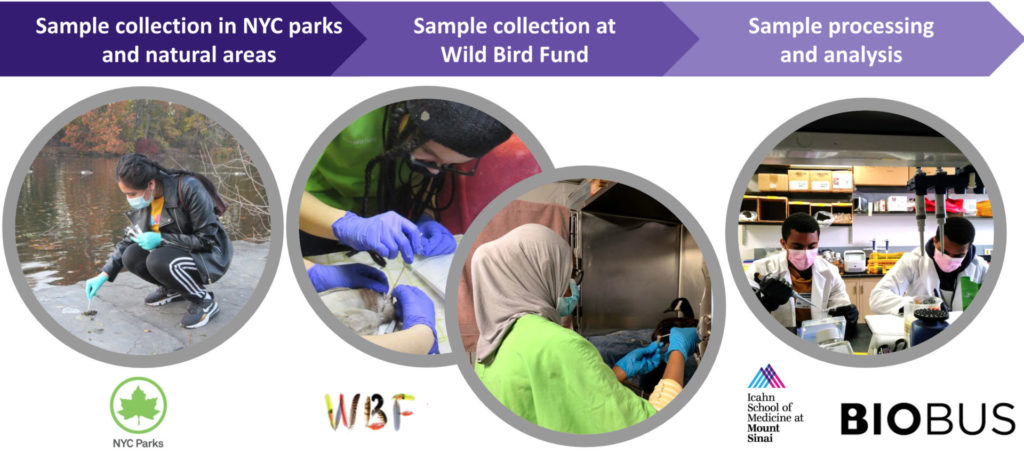
Outreach
Outreach activities raise awareness about influenza and the One Health Initiative and communicate findings from the Virus Hunters to the general public. These range from a live YouTube event while the most significant COVID precautions were in place to in-person symposia and conference presentations. The Virus Hunters reached hundreds of science professionals, educators, other students, and community members of all ages, races, and science knowledge.
At the first Virus Hunters student research symposium in June 2022, more than 70 scientists and community members learned about this exciting community scientist initiative. In addition, more than 20 posters in multiple languages, including English, Spanish, Turkish, German and even Scottish, showcased the latest research performed at the Icahn School of Medicine at Mount Sinai’s Florian Krammer and Viviana Simon labs. One of the highlights was a panel discussion featuring the Junior Scientist interns moderated by The New York Times health reporter and science writer Apoorva Mandavilli.
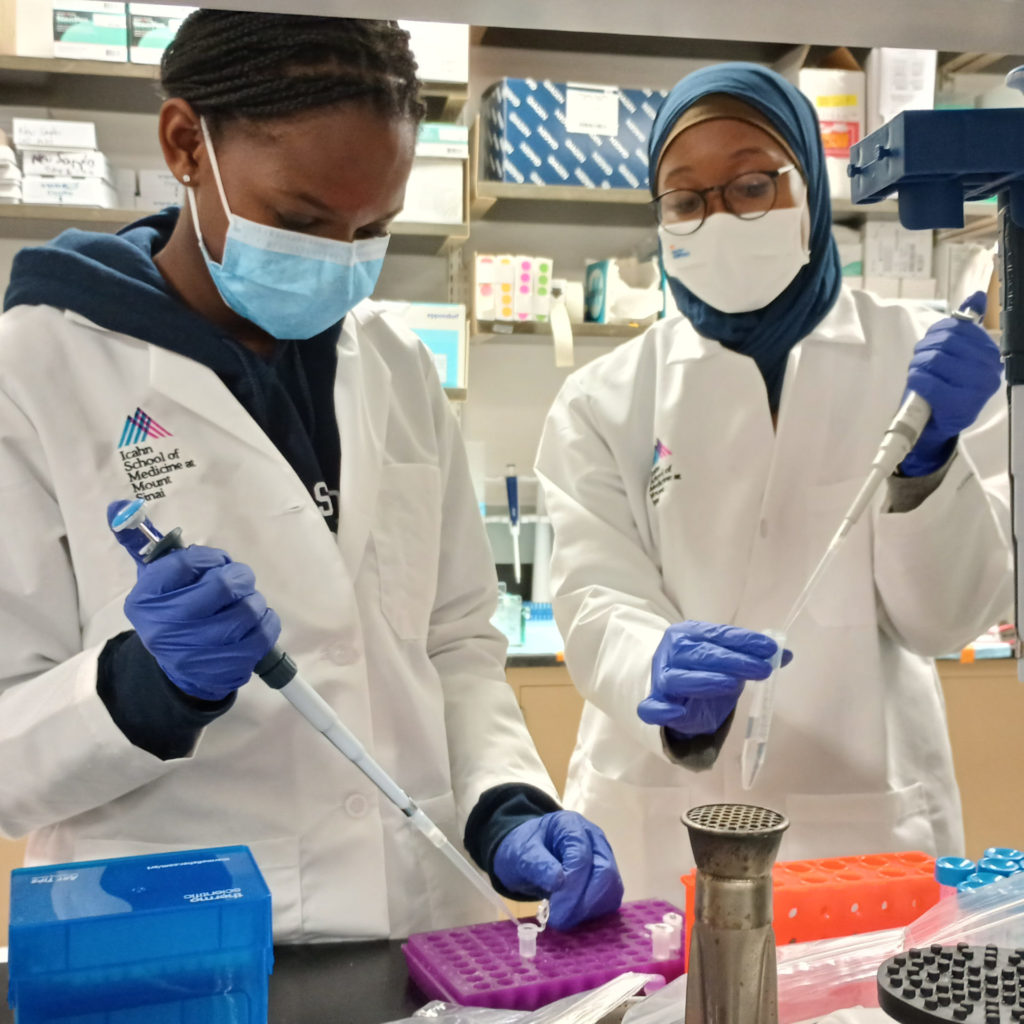
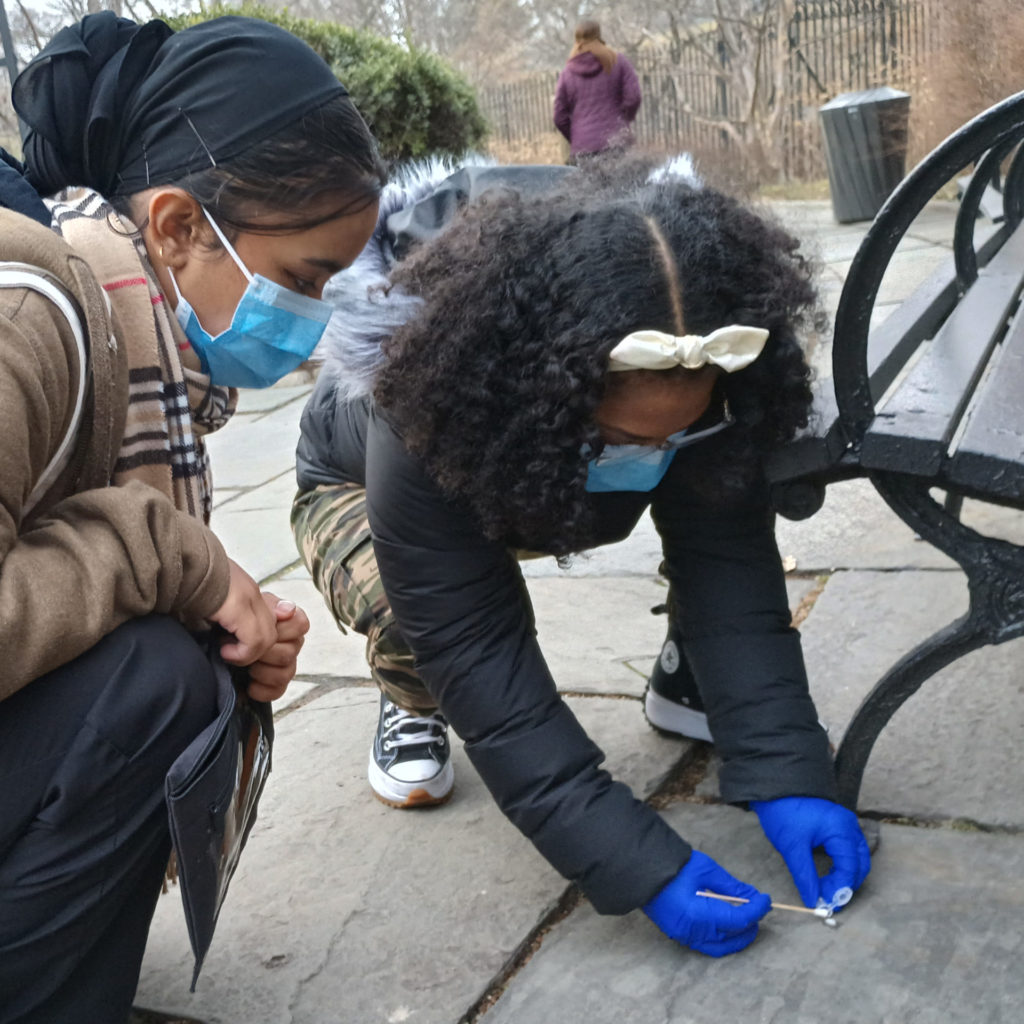

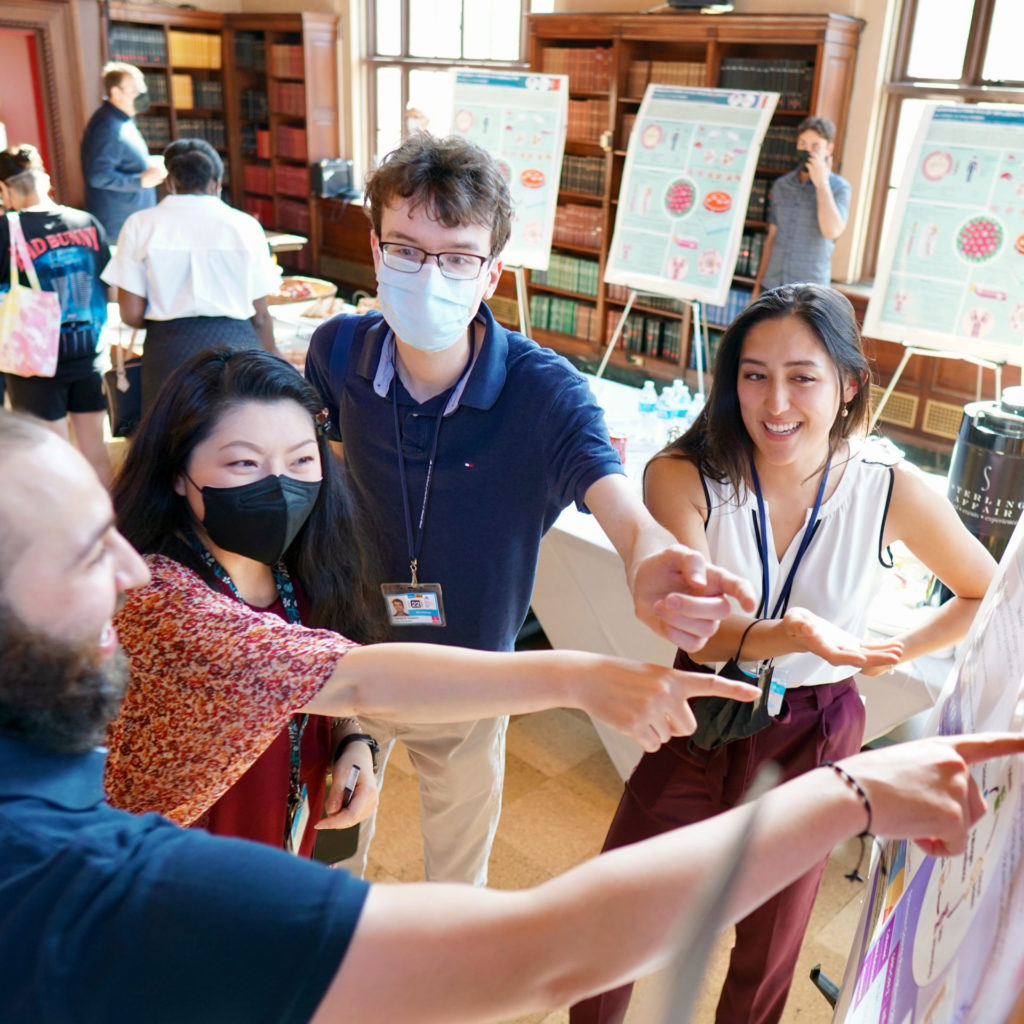
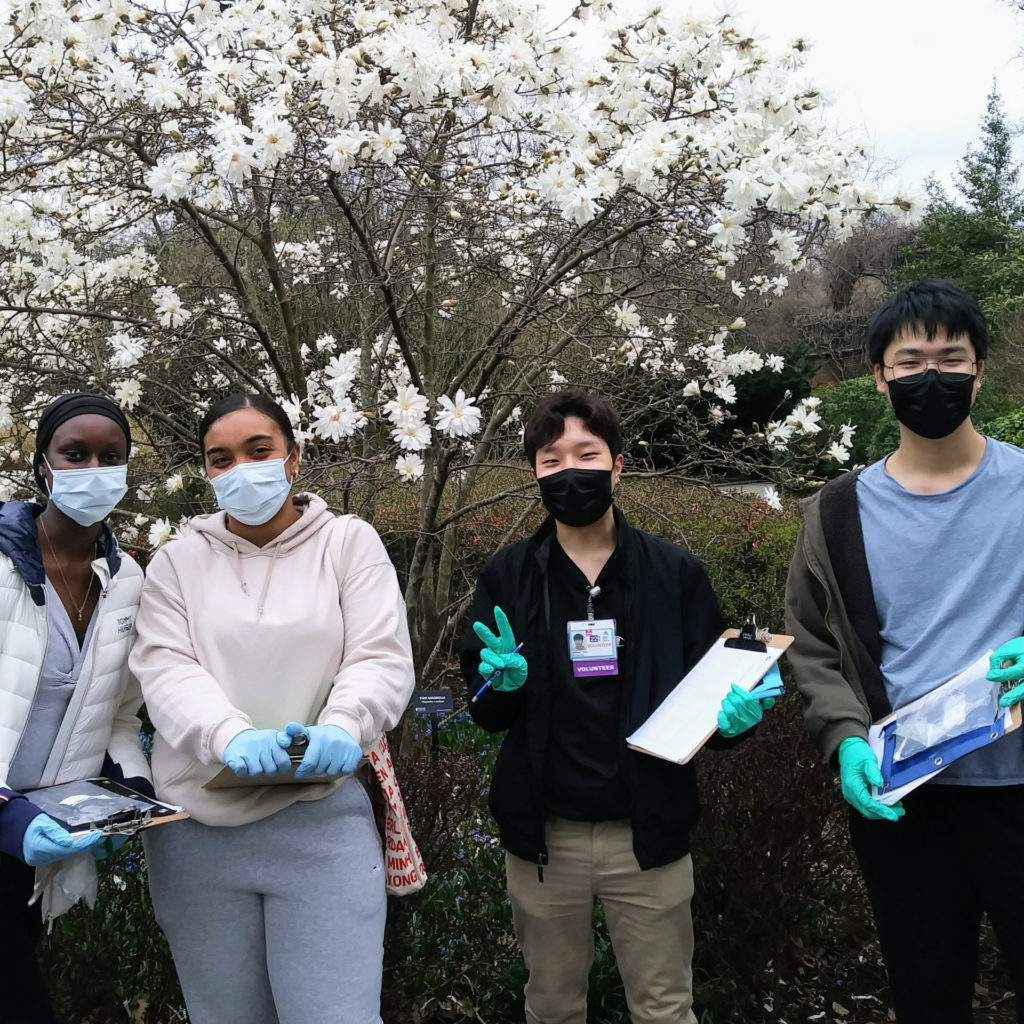
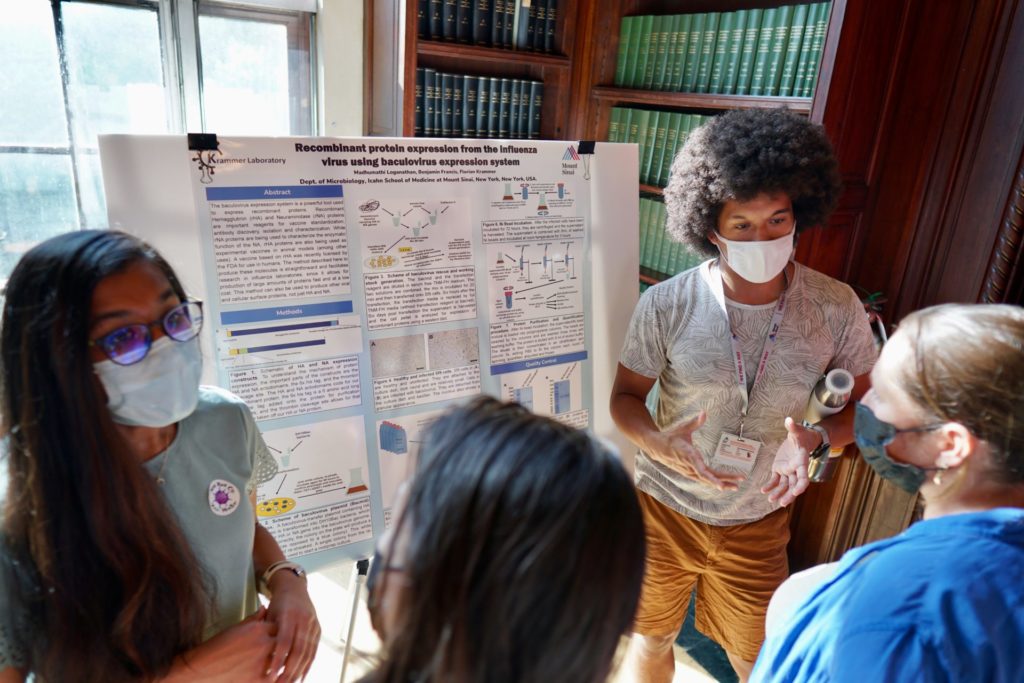
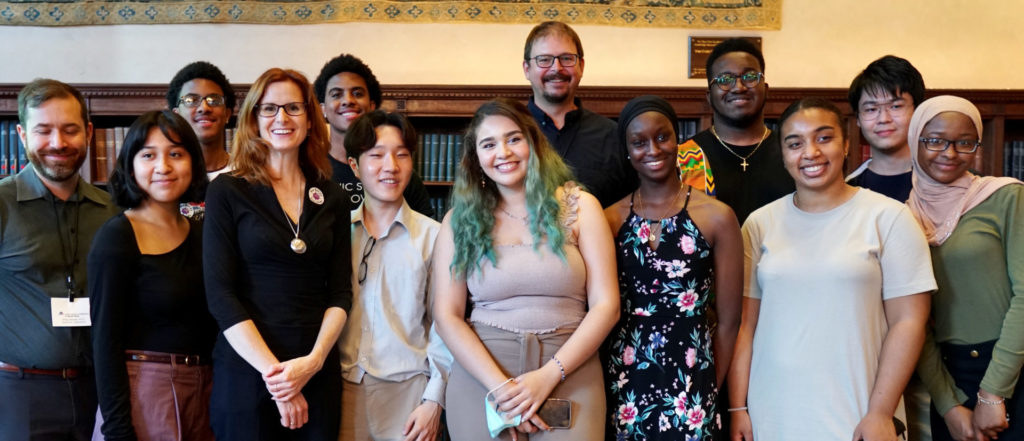
Impact and Evaluation
Dr. Lindsay Barone conducted a two-year mixed methods evaluation beginning in fall 2020 to measure the impacts of the New York City Virus Hunters internship on students’ science identity and their overall perception towards science. The evaluation focused on science identity as students with a strong science identity are more likely to pursue science careers. The aggregate results showed a significant change in students’ science identity. Specifically, we found that the Virus Hunters program resulted in substantial development of students’ science identities through close, skills-based mentorship; in-person science activities; and recognition as scientists by external institutions of note. We are particularly pleased to report that the evaluation demonstrated the program’s success during the COVID-19 pandemic when we had to restrict in-person activities.
Among the students who have completed the Virus Hunters internship to date, two students now attend Brown University and were hired for positions in Dr. Krammer’s lab. Fellow alumni have gone on to study at New York University, Hunter College, John Jay College for Criminal Justice, Binghamton University and Pennsylvania State University, and American University. Other students have continued their high school studies. We look forward to helping all of the students achieve their scientific goals!
Staff Team – Scientist Mentors
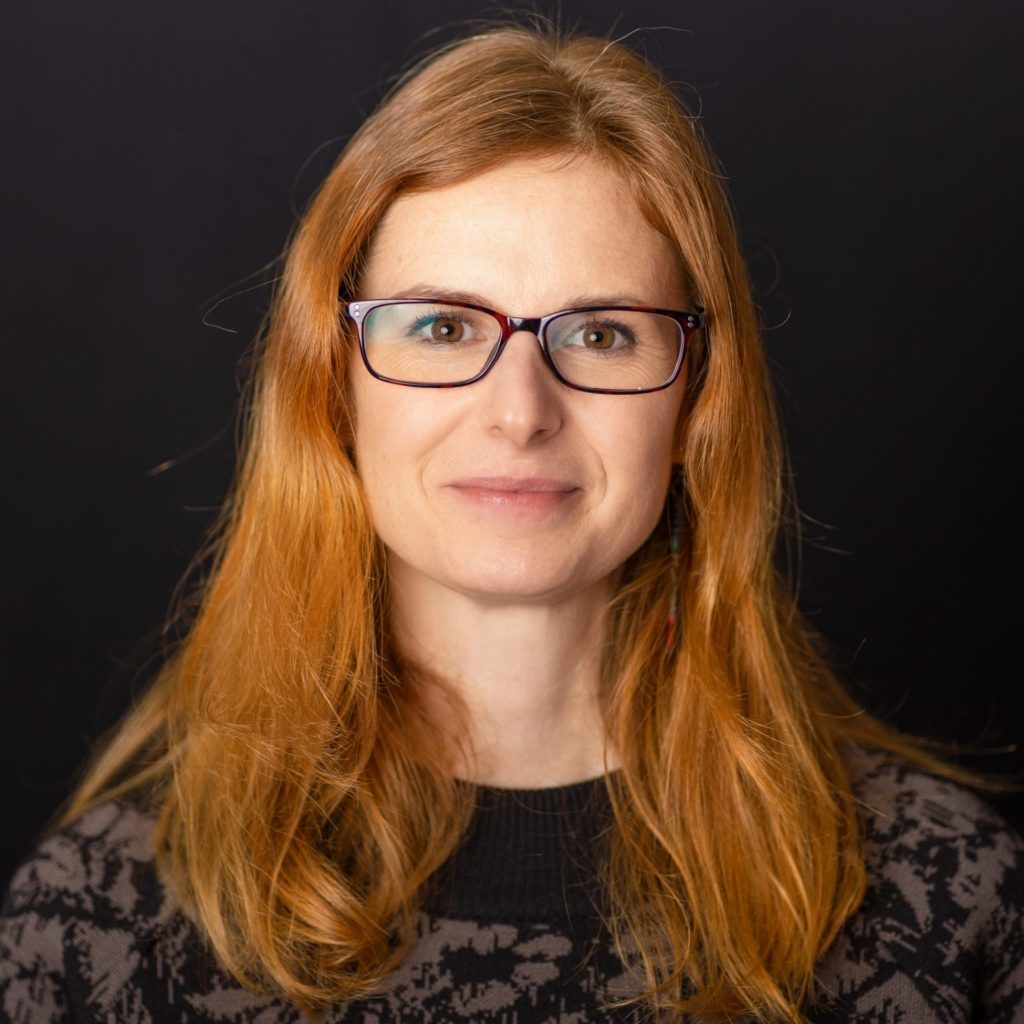
Christine Marizzi, PhD, is the Principal Investigator and Program Director for New York City Virus Hunters and Director of Community Science in Harlem at BioBus, Inc. Christine received her PhD from the University of Vienna in Genetics and has vast experience in national and international science communication and outreach, including building Community Science infrastructure. When she is not with the Junior Scientist interns at our BioBase Harlem community lab or gathering samples in one of NYC’s parks, you’ll find her at the lab bench at Mount Sinai or working with students anywhere in Harlem. Christine is the primary contact for the program and can be reached at christine@biobus.org.
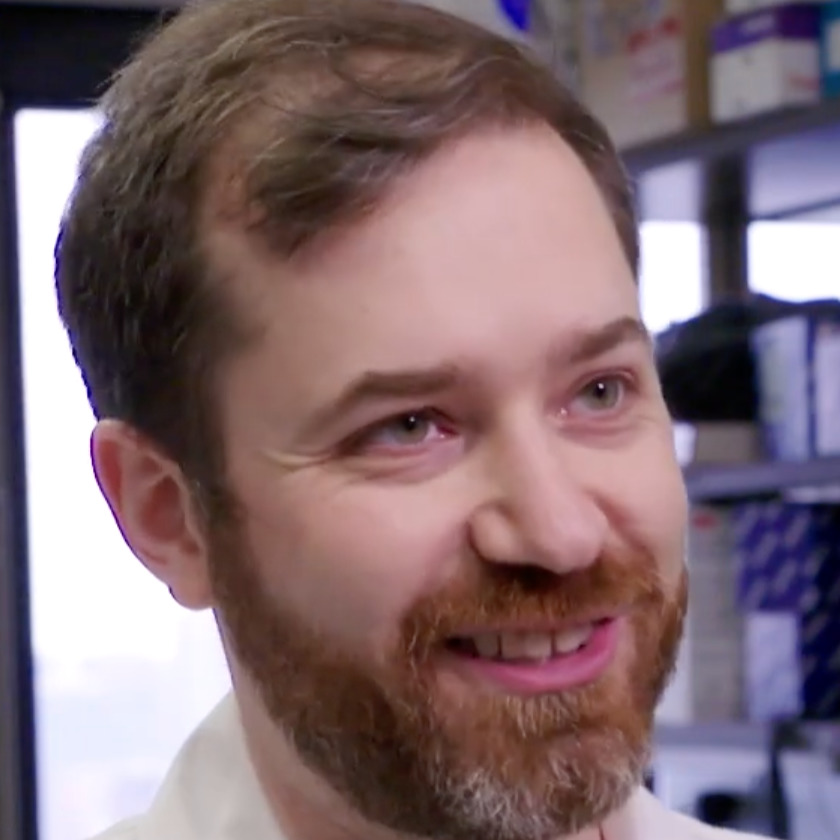
Philip Meade, PhD, is a Postdoctoral Associate, Icahn School of Medicine at Mount Sinai. Dr. Meade has been a member of the Krammer laboratory since 2014. His work includes assessing influenza protein microarrays to answer questions about the antibody response to infection with influenza virus. Phil directly mentors the Junior Scientist interns and brings scientific expertise in classification and further characterization of novel viruses (laboratory and bioinformatics) to this program.

Florian Krammer, PhD, is an endowed tenured full Professor in the Department of Microbiology and co-director of the Center for Vaccine Development and Pandemic Preparedness (C-VaRPP) at the Icahn School of Medicine at Mount Sinai. He is an expert in influenza viruses, vaccine design and analysis of immune responses to influenza virus antigens, including understanding correlates of protection. Florian is thrilled to host the Junior Scientist interns in his laboratory, and supports the training of the next generation of virologists.
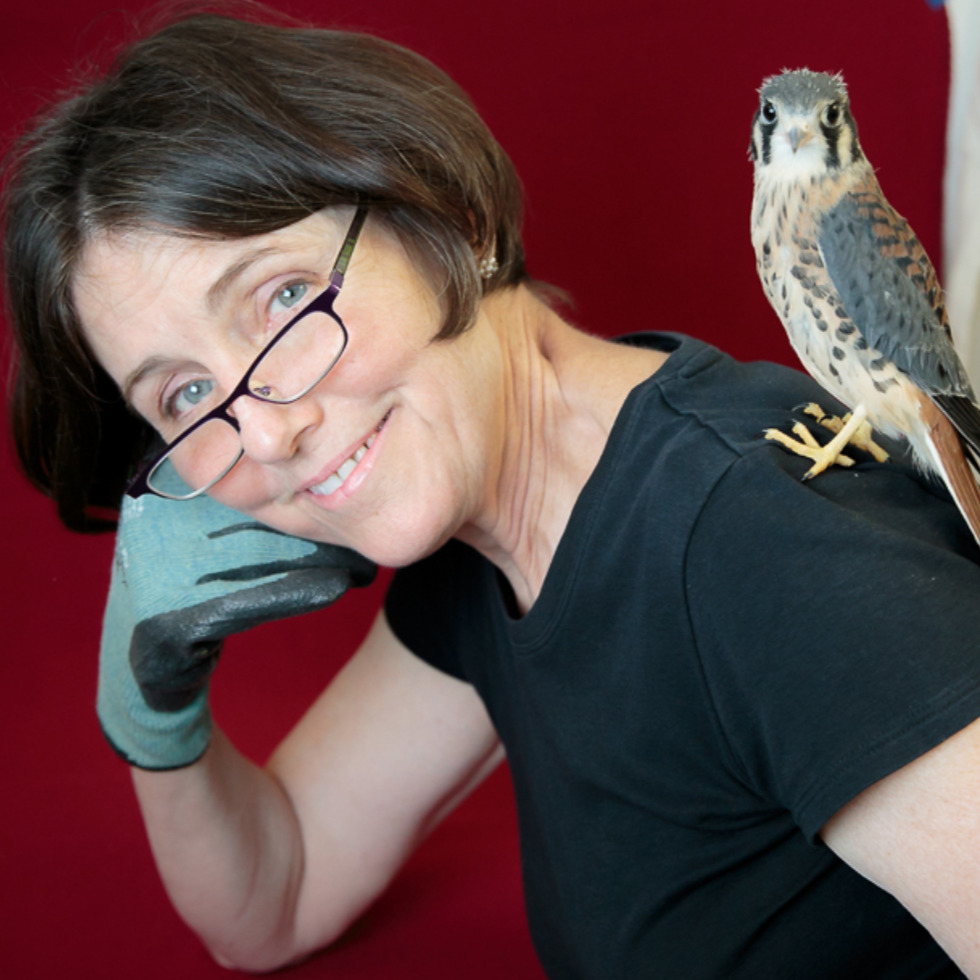
Rita McMahon is co-founder and director of the Wild Bird Fund (WBF). WBF is New York City’s only wildlife rehabilitation and education center, treating over 7,000 animals a year and educating over 3,000 school children about New York City’s wildlife. Rita studied at NYU’s Institute of Fine Arts where she was a Ford Fellow. When she found an injured Canada Goose, she discovered that New York was the only major city in the US that did not have a wildlife rehabilitation center. In 2011, she quit her career in television in order to open the Wild Bird Fund.
Isabel Francisco, DVM, was previously a Postdoctoral Associate, Icahn School of Medicine at Mount Sinai, who worked with the Virus Hunters.
Partner Institutions
BioBus, Inc.
BioBus is a nonprofit organization with a mission to help K-12 and college students in New York City discover, explore, and pursue science. We focus on students excluded from the scientific community due to factors such as race, gender, economic status, and physical access. Through this work, we envision a world where all people have the opportunity to reach their full scientific potential. We’ve reached 350,000 students at more than 900 schools and community organizations since 2008, primarily NYC public and charter schools and as far away as California, Rwanda, Egypt, and Jordan. BioBus students connect with scientists from diverse backgrounds, learn lab and research skills, practice science communication, and take steps to become the next generation of scientists and problem-solvers, making the world better for all of us. Our students access and become part of the scientific community through introductory science labs aboard our mobile labs at their schools; after school, weekend, and summer programs; and year-long internships. We offer programs throughout the NYC area with a focus on Harlem, the South Bronx, and the Lower East Side and recently expanded to New England.
The Krammer Laboratory at Icahn School of Medicine at Mount Sinai
The Krammer laboratory studies cross-reactive antibody responses to the surface glycoproteins of antigenically variable RNA viruses. Our main focus is on influenza viruses, but we are also interested in antibody responses to coronaviruses, hantaviruses, filoviruses, and other emerging RNA viruses. Work done in the laboratory includes the expression and characterization of viral glycoproteins, generation of glycoprotein-directed monoclonal antibodies, and the characterization of the interaction between antibodies and surface glycoproteins; we are specifically interested in analyzing conserved epitopes and – through detailed studies – aim to elucidate the mechanisms by which these antibodies protect the host from viral infection and disease. The final goal is to translate these findings into novel vaccines and therapeutics.
Wild Bird Fund
Wild Bird Fund is a state and federally licensed 501(c)(3) that cares for the injured, ill and orphaned wildlife of New York City. Medical care includes radiographs, diagnostic testing, surgery, medication, bandaging, splinting, physical therapy, feeding and sheltering, for as many as 9,000 animals a year. Our mission is twofold: to provide veterinary care and rehabilitation to native and migrant wildlife so that they can be released back into the wild, and to educate New Yorkers about the rich diversity and environmental needs of the city’s precious wildlife.
Get Involved with the New York City Virus Hunters
Teachers: If your middle or high school class would like to get involved in collecting data for this research study and participating in a hands-on science experience, please get in touch with Christine Marizzi, PhD, Director of Community Science, at christine@biobus.org.
Students: Every year the internship application is closed from April through December. Email christine@biobus.org for information about the internship if you are interested in participating in future years and look for information January-March. You can also learn more about other BioBus internships.
General interest: Join BioBus’ mailing list and follow @BioBus Instagram | Facebook | Twitter | LinkedIn